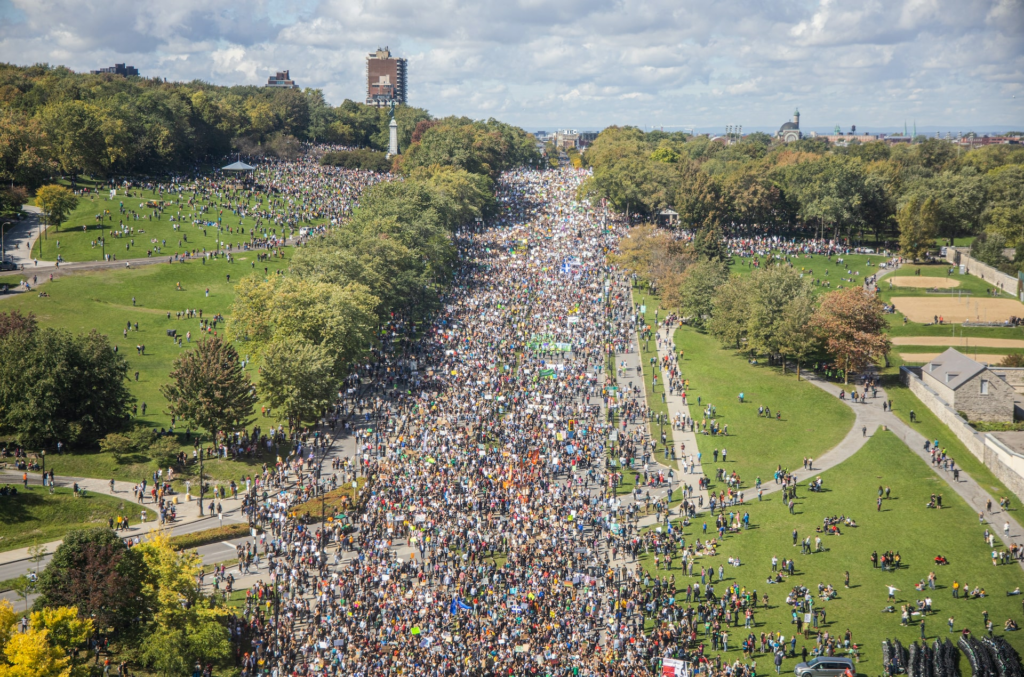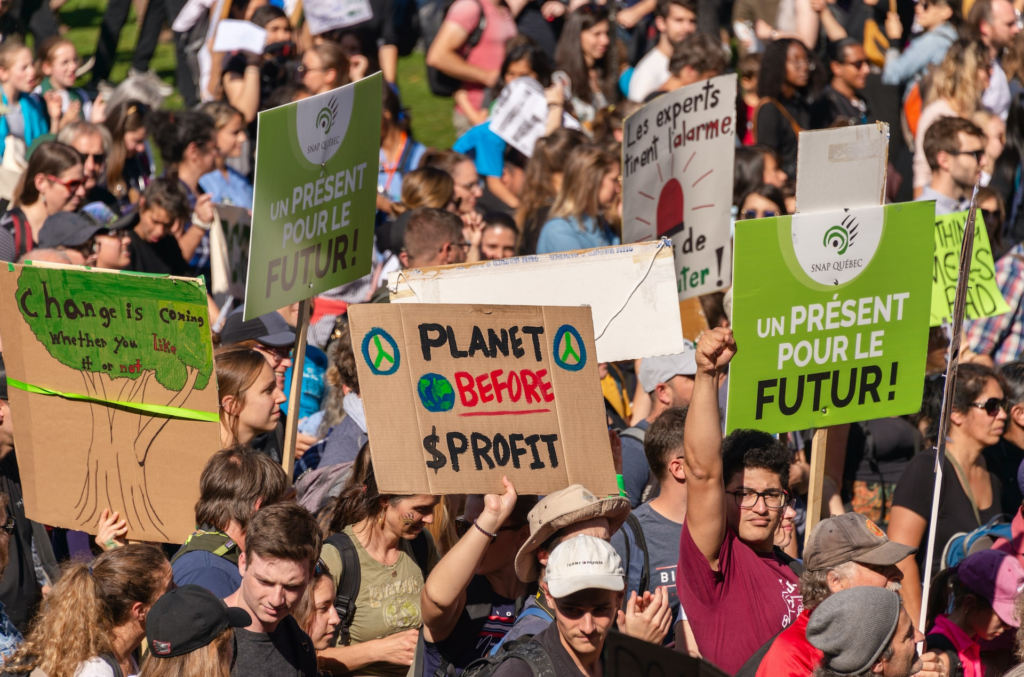Translated and republished from the SNAP Québec website. Read the original blog (in French).
On December 5-17, 2022, Montreal will host the 15th Conference of the Parties on Biological Diversity, better known as COP15.
Let’s review a few essential concepts to fully understand everything about COP15 and its importance for the protection of nature.
What is a COP?
The term COP means Conference of Parties. It is a summit, or conference, which brings together the signatory countries, or parties, of a convention.
The convention is called Convention on Biological Diversity (CBD). Adopted during the 1992 Rio World Summit, the convention aims to implement national sustainable development strategies focused on three main objectives:
- The conservation of biological diversity.
- The sustainable use of its components.
- The fair and equal sharing of benefits arising from genetic resources.
This is the Conference’s 15th iteration with biological diversity taking center stage, thus the name: COP15.
However, don’t let yourself be misled by numbers! There are other COP events with climate as their central theme instead of biodiversity. Indeed, COP27, also known as the Sharm el-Sheikh Climate Change Conference, is scheduled to take place in November 2022.

COP15: From Kunming to Montreal
COP15 was initially set to be held in Kunming, China in 2020. However, these plans were upset by the global pandemic, thus forcing COP15 to be separated into two phases and relocated.
This first part of the Kunming 2021 COP15 did take place, but mostly virtually. This is how the Kunming Declaration came into existence and established the first objectives, among which we can notably highlight the integration of biodiversity in decision-making and the acknowledgement of the full and effective participation of Indigenous People.
The second phase of COP15 will be held at Palais des Congrès de Montréal in December 2022 (link in French), with China and Canada working together to organize it. This phase should launch a new global biodiversity framework to address the urgency of ensuring the protection of nature.

A new global framework for biodiversity
Let’s be honest, the last global framework simply did not deliver as expected since we were unable to meet its targets.
In 2011, members of the international community met in Japan and adopted the 20 Aichi Targets to fight against collapsing biodiversity. These objectives formed the foundational elements of the Strategic Plan for the Convention of Biological Diversity 2011-2020.
In 2019, the Intergovernmental Science-Policy Platform on Biodiversity and Ecosystems Services (IPBES) estimated that only four out of the twenty Aichi targets would be met in 2020, results which were later confirmed by the CBD after completing its assessment of the progress made towards the achievement of each Aichi Biodiversity Target.
Hence, COP15 is all the more important since it must set new, deliverable targets for 2030 through the new Global Framework.

Mobilizing to make the need for urgent action apparent to leaders
The CBD and IPBES agree that the loss of biodiversity cannot be stopped or reversed without making substantial changes to the economic system and values of the society.
Together, we must take action to ensure this COP15 will meet the challenges we are confronted with. We need to unite as many people as possible to succeed.
Therefore, SNAP Québec is part of a coalition of stakeholders, representing the civil society, striving to work together to put forth concrete and inclusive solutions aimed at pressuring decision-makers into taking action.
CPAWS will be present at COP15 to help out with the main events and to share updates and information with our followers. However, it is only with your support and mobilization that we will succeed in making the need for urgent action apparent to Canada’s leaders.
We hope Montreal’s COP15 will result in a strong and firm commitment from the Governments of Quebec and Canada to respond to the urgency of protecting nature, specifically by adopting tangible actions aimed at recognizing the rights of Indigenous People, meeting the target of protecting 30% of land and ocean by 2030, protecting species at risk, and ensuring equitable access to nature.
